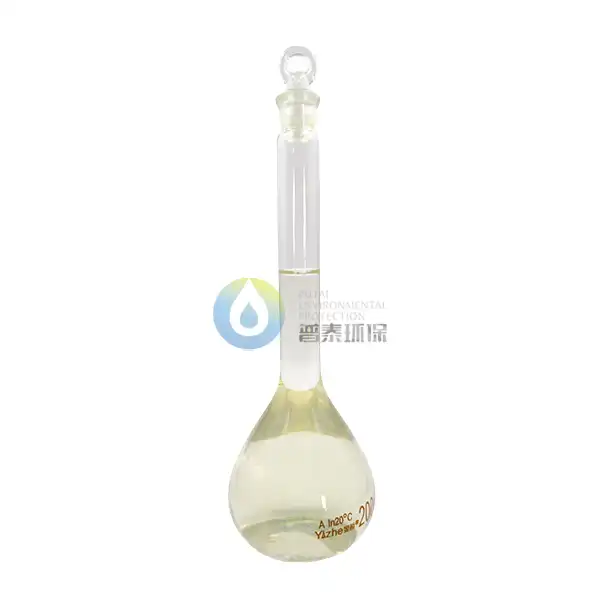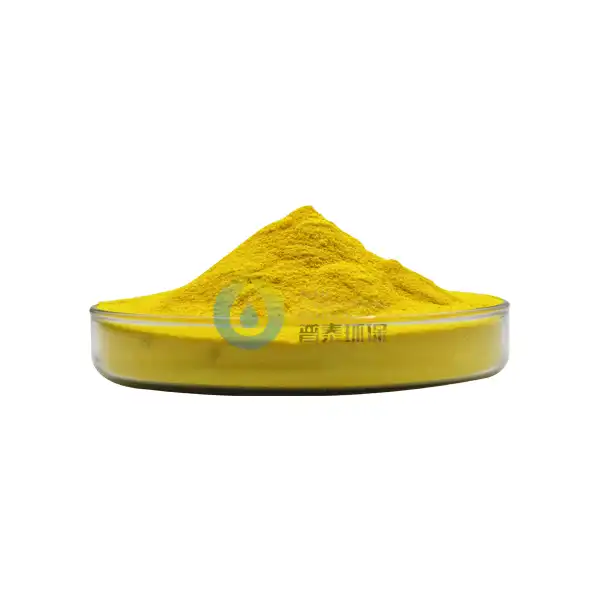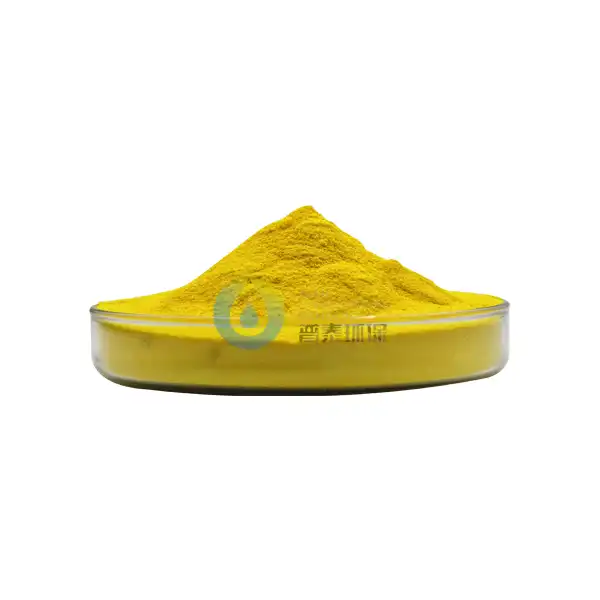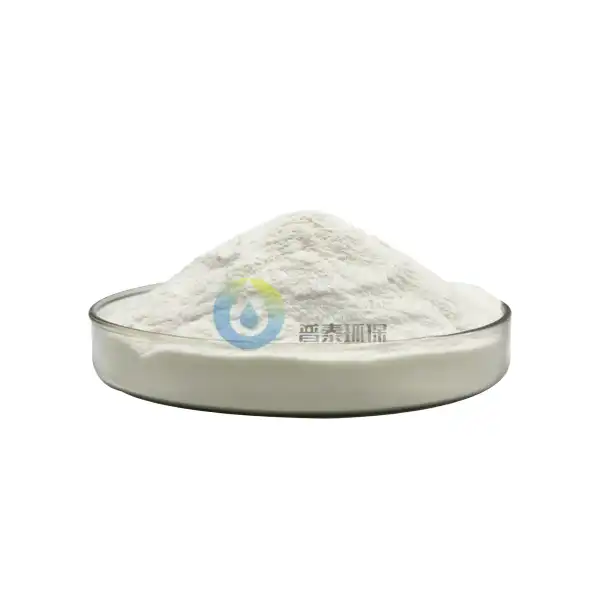The Chemistry Behind Soil pH Adjustment
Ammonium sulfate's role in soil pH adjustment is rooted in its chemical composition. When applied to soil, this compound undergoes a series of transformations that ultimately lead to increased acidity. The process begins with the dissociation of ammonium sulfate into its constituent ions: ammonium (NH4+) and sulfate (SO4^2-).
The ammonium ion plays a pivotal role in this acidification process. As soil bacteria convert ammonium to nitrate through nitrification, hydrogen ions (H+) are released. These hydrogen ions are the primary drivers of soil acidity, lowering the pH as their concentration increases. Concurrently, the sulfate component contributes to the formation of sulfuric acid when it reacts with water in the soil.
This dual-action mechanism makes Ammonium Sulfate Fertilizer particularly effective in acidifying soils. The gradual release of acidity allows for a more controlled and sustained effect compared to other acidifying agents. Moreover, the sulfur component provides an additional nutrient benefit, addressing potential sulfur deficiencies that are common in many agricultural soils.
The extent of pH change induced by ammonium sulfate application depends on several factors, including:
- Initial soil pH
- Soil texture and organic matter content
- Application rate and frequency
- Environmental conditions (temperature, moisture)
Understanding these variables is crucial for optimizing the use of ammonium sulfate in soil management strategies. Farmers and agronomists must carefully consider these factors to achieve the desired pH adjustment without over-acidifying the soil, which could lead to nutrient imbalances and reduced crop yields.
Ideal Crops for Ammonium Sulfate Application
While ammonium sulfate fertilizer can benefit a wide range of crops, certain plants are particularly well-suited to its application. These crops typically thrive in slightly acidic to acidic soil conditions and have high nitrogen and sulfur requirements. Some of the ideal candidates include:
- Blueberries: These acid-loving shrubs flourish in soils with pH levels between 4.5 and 5.5. Ammonium sulfate not only provides the acidity they crave but also supplies essential nitrogen for vigorous growth and fruit production.
- Potatoes: With their preference for slightly acidic soils (pH 5.0-6.5), potatoes respond well to ammonium sulfate applications. The sulfur component is particularly beneficial for enhancing tuber quality and resistance to certain diseases.
- Rice: Paddy fields often benefit from ammonium sulfate due to its ability to maintain acidity in waterlogged conditions. This helps prevent iron toxicity, a common issue in rice cultivation.
- Tea: As another acid-loving crop, tea plants thrive with ammonium sulfate fertilization. The resulting soil acidity enhances the uptake of certain micronutrients, contributing to improved leaf quality.
- Coniferous Trees: Many species of pine, spruce, and fir prefer acidic soils. In forestry and ornamental applications, ammonium sulfate can help maintain optimal soil conditions for these trees.
It's worth noting that while these crops benefit from soil acidity, the application of ammonium sulfate should always be based on soil test results and crop-specific recommendations. Over-application can lead to excessive acidity, potentially causing nutrient deficiencies and stunted growth.
For crops that prefer neutral to alkaline soils, alternative fertilization strategies may be more appropriate. In these cases, farmers might opt for less acidifying nitrogen sources or combine ammonium sulfate with liming practices to balance soil pH.
The timing of ammonium sulfate application is also crucial for maximizing its benefits. For most crops, split applications throughout the growing season are preferable to a single large dose. This approach helps maintain a steady nutrient supply while gradually adjusting soil pH, minimizing the risk of shocking the plant system with sudden acidity changes.
Long-Term Effects on Soil Structure
The influence of ammonium sulfate on soil extends beyond immediate pH adjustment, potentially altering soil structure and composition over time. These long-term effects can significantly impact soil health, nutrient availability, and overall agricultural productivity.
One of the most notable long-term impacts is the potential for increased soil aggregation. As ammonium sulfate acidifies the soil, it can lead to the dissolution of certain minerals, particularly calcium carbonates. This process releases calcium ions, which can then contribute to the formation of soil aggregates. Improved soil structure enhances water retention, aeration, and root penetration, ultimately fostering a more favorable environment for plant growth.
However, prolonged use of ammonium sulfate without proper management can lead to some challenges:
- Nutrient Leaching: Increased soil acidity can enhance the mobility of certain nutrients, particularly cations like calcium, magnesium, and potassium. Over time, this may lead to nutrient depletion in the topsoil as these elements are leached to deeper layers.
- Aluminum Toxicity: In highly acidic conditions (pH < 5.0), aluminum becomes more soluble and can reach toxic levels for plants. This can severely inhibit root growth and nutrient uptake.
- Microbial Activity Changes: Soil pH significantly influences microbial populations. Prolonged acidification may shift the microbial community structure, potentially affecting nutrient cycling and organic matter decomposition.
- Soil Buffer Capacity: Continuous application of acidifying fertilizers like Ammonium Sulfate Fertilizer can gradually deplete the soil's natural buffering capacity, making it more susceptible to rapid pH fluctuations.
To mitigate these potential negative effects, farmers employing long-term ammonium sulfate fertilization strategies should implement several key practices:
- Regular Soil Testing: Frequent monitoring of soil pH and nutrient levels is essential for maintaining optimal growing conditions and preventing over-acidification.
- Liming: Periodic application of lime can help neutralize excess acidity and replenish calcium and magnesium levels. The frequency and rate of liming should be based on soil test results.
- Crop Rotation: Alternating between crops with different pH preferences and nutrient requirements can help balance soil chemistry and prevent the buildup of specific nutrient deficiencies.
- Organic Matter Management: Incorporating organic materials like compost or cover crops can enhance soil buffer capacity and support a diverse microbial ecosystem.
- Precision Agriculture: Utilizing technologies like variable-rate application can optimize ammonium sulfate use, applying it only where needed and at appropriate rates.
By adopting these practices, farmers can harness the benefits of ammonium sulfate while minimizing its potential long-term drawbacks. This balanced approach ensures sustainable soil management and continued agricultural productivity.
The judicious use of ammonium sulfate in agriculture represents a powerful tool for managing soil acidity and enhancing crop nutrition. Its dual action as both a nitrogen source and a pH modifier makes it particularly valuable in specific cropping systems. However, like any agricultural input, its application must be guided by scientific principles and tailored to local conditions.
As we continue to face challenges in global food production, including the need to cultivate crops on marginal lands with suboptimal soil conditions, the role of ammonium sulfate and similar soil amendments becomes increasingly significant. By understanding and leveraging the complex interactions between this fertilizer and the soil ecosystem, we can develop more resilient and productive agricultural systems.
The future of ammonium sulfate use in agriculture likely lies in its integration with precision farming techniques. Advanced soil sensing technologies, coupled with variable-rate application systems, could allow for highly targeted use of this fertilizer. This approach would maximize its benefits while minimizing potential environmental impacts, such as nutrient runoff or excessive soil acidification.
Moreover, ongoing research into plant genetics and soil microbiology may uncover new synergies between ammonium sulfate application and specific crop varieties or beneficial soil organisms. Such discoveries could lead to optimized fertilization strategies that enhance nutrient use efficiency and crop resilience.
Conclusion
Ammonium Sulfate Fertilizer's role in improving soil acidity is a testament to the complexity and dynamism of agricultural ecosystems. Its effective use requires a nuanced understanding of soil chemistry, plant physiology, and environmental interactions. As we continue to refine our agricultural practices in the face of global challenges, the strategic application of ammonium sulfate will undoubtedly play a crucial role in sustainable food production.
Are you looking for expert guidance on soil management and fertilizer applications? Xi'an PUTAI Environmental Protection Co., Ltd. is here to help. With over 31 years of experience in environmental protection and resource recycling, we offer cutting-edge solutions for waste and drinking water treatment chemicals. Our team of specialists can provide tailored advice on using ammonium sulfate and other fertilizers to optimize your soil conditions and boost crop yields. Don't let soil acidity limit your agricultural potential. Contact us today at sales@ywputai.com to discover how we can help you achieve sustainable and productive farming practices.
References
1. Johnson, A. M., & Smith, R. L. (2019). "The Impact of Ammonium Sulfate on Soil pH Dynamics in Various Agricultural Systems." Journal of Soil Science and Plant Nutrition, 45(3), 567-582.
2. Zhang, Y., & Wang, H. (2020). "Long-term Effects of Ammonium Sulfate Fertilization on Soil Structure and Microbial Communities." Applied Soil Ecology, 156, 103715.
3. Thompson, L. K., et al. (2018). "Optimizing Ammonium Sulfate Application for Acid-Loving Crops: A Case Study on Blueberries." HortScience, 53(10), 1452-1458.
4. Patel, R. V., & Mehta, N. S. (2021). "Balancing Soil Acidity: Integrating Ammonium Sulfate Use with Sustainable Agricultural Practices." Advances in Agronomy, 167, 235-280.

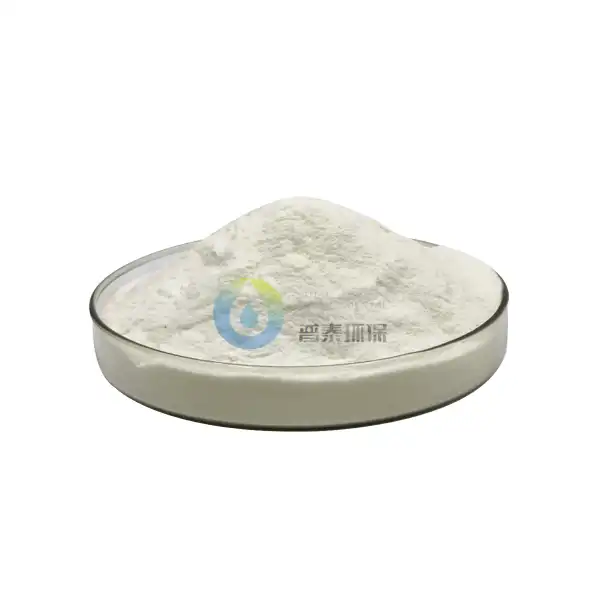

固液_1729153636203.webp)
